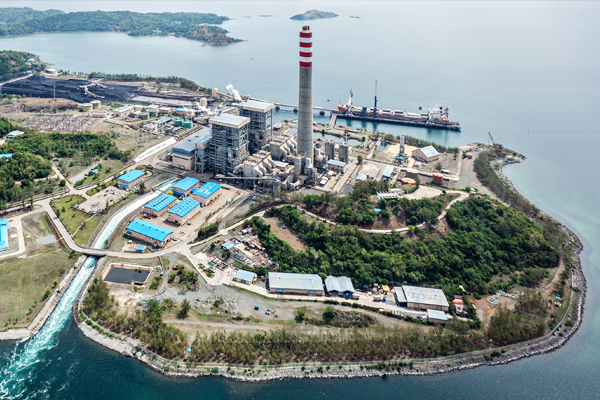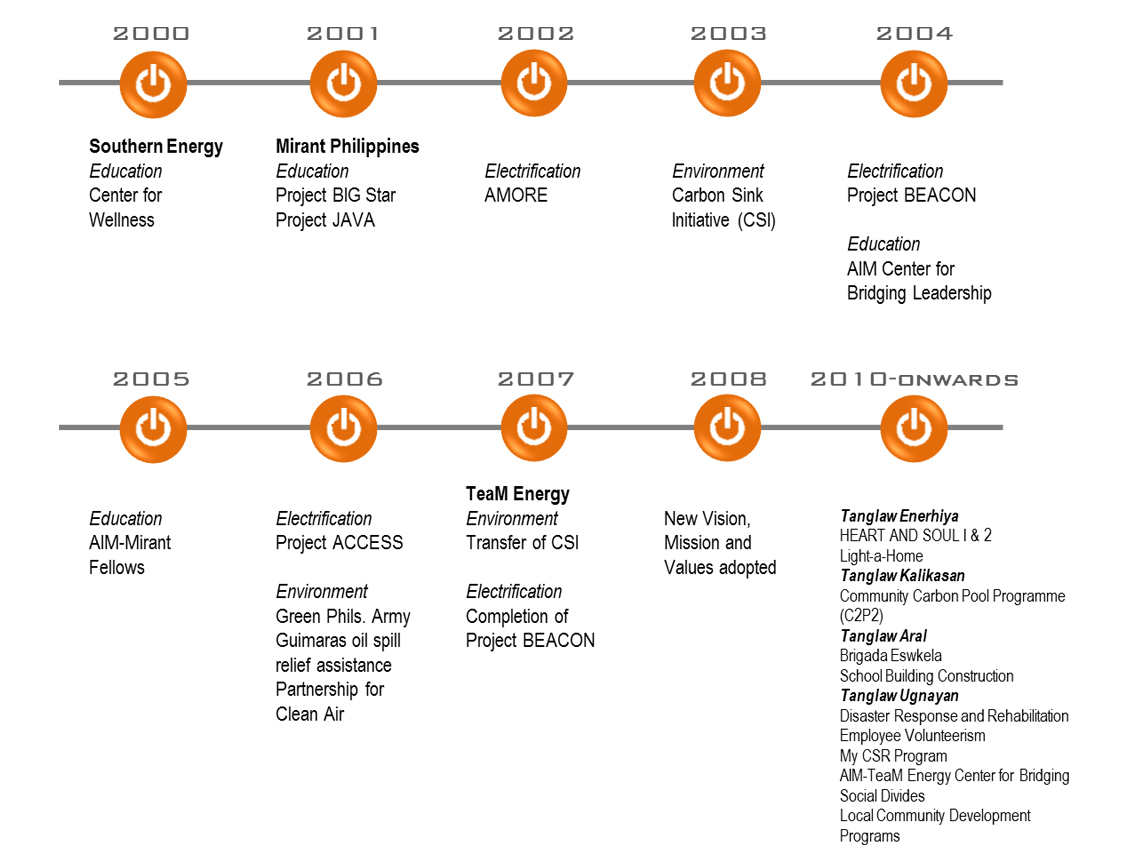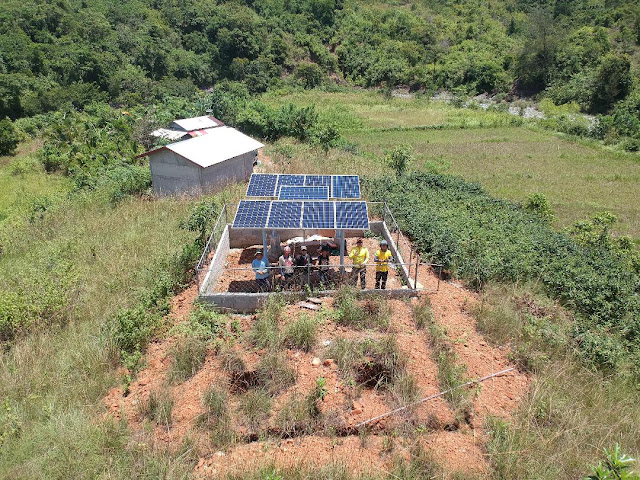Team Energy is a power generation company in the Philippines that is committed to supporting the growth of the country’s agriculture sector. Through its corporate social responsibility arm, TeaM Energy Foundation Inc. (TEFI), the company implements development programs that help farmers and agriculture workers improve their livelihood and contribute to national development.
One of TEFI’s programs is the construction of solar-powered rice milling facilities. In Sual, Pangasinan, TEFI constructed a solar-powered rice milling facility for a community of small rice farmers in Barangay Sioasio. This facility has helped the farmers reduce their production costs and increase their income.

TEFI also provides farmers with equipment and training to help them improve their agricultural practices. In Padre Burgos, Quezon, TEFI established an aqua-culture project for local fisher-folk to augment their income. TEFI also donated equipment to help with oyster farming in the area and supported the maintenance of a brooding pen for female crabs.

One of the fish cages for Grouper (Lapu-Lapu) aquaculture set up by TeaM Energy fro local fishermen in Padre Burgos, Quezon
Team Energy’s CSR programs have had a positive impact on the lives of farmers and agriculture workers in the Philippines. The programs have helped farmers increase their income, reduce their production costs, and improve their agricultural practices. TEFI’s programs have also helped to promote sustainable agriculture in the country.
Here are some specific examples of the benefits of Team Energy’s CSR programs:
- In Sual, Pangasinan, the construction of the solar-powered rice milling facility has helped farmers reduce their production costs by up to 40%.
- In Padre Burgos, Quezon, the aqua-culture project has helped fisher-folk increase their income by up to 50%.
- The climate-smart agriculture training program has helped farmers reduce their water consumption by up to 20% and increase their crop yields by up to 10%.
- The seed and fertilizer distribution program has helped farmers reduce their input costs by up to 30%.
Team Energy’s CSR programs are a valuable contribution to the development of the agriculture sector in the Philippines. The programs are helping to improve the lives of farmers and agriculture workers, and to promote sustainable agriculture in the country.

TeaM Energy Foundation, Inc. (formerly Southern Energy Foundation) was founded on July 25, 2001. Bringing Information Technology to Rural Areas Through Science and Technology Advancement Resources (Big Star), TeaM Energy Foundation, Inc., has launched Project BIG STAR. With the collaboration of the Philippine Science High School, Department of Education, and Philippine Business for Social Progress (PBSP), we were able to create computer labs for Cisco certifications so that students could obtain Cisco certifications. In the same year, the government initiated Project BEACON, a collaborative effort with the Department of Energy, aimed at realizing the objective of achieving full electrification in all barangays. Since its inception, TEFI’s initiatives have positively impacted over a million Filipinos, benefiting over 300,000 households.
On August 13, 2007, due to a change in ownership, the SEC granted approval for altering the Foundation’s name from Mirant Philippines Foundation, Inc. to TeaM Energy Foundation, Inc. This renaming does not significantly alter the Foundation’s core purpose, which remains as a non-stock, non-profit corporation dedicated to implementing local and national development initiatives and projects aimed at enhancing the well-being of families and contributing to the economic growth of the nation.
By supporting farmers and agriculture workers, Team Energy is helping to ensure the food security of the Philippines. A strong agriculture sector is essential for the country’s economic development and the well-being of its people.
Above all, Team Energy’s CSR programs are making a significant contribution to the development of the Philippine agriculture sector. These programs are helping to improve agricultural productivity, provide livelihood opportunities, and ensure food security for the country.






